Looking back on the years of the regime change, Tibor T. Toro vividly recalls his path from a physics class in Timisoara (Temesvar) to the front lines of politics. As early as the late 1980s, he said, it was clear that something significant was brewing in Transylvania. As he put it, "those were beautiful,
eventful, and often perilous times, especially December 1989 in Timisoara.
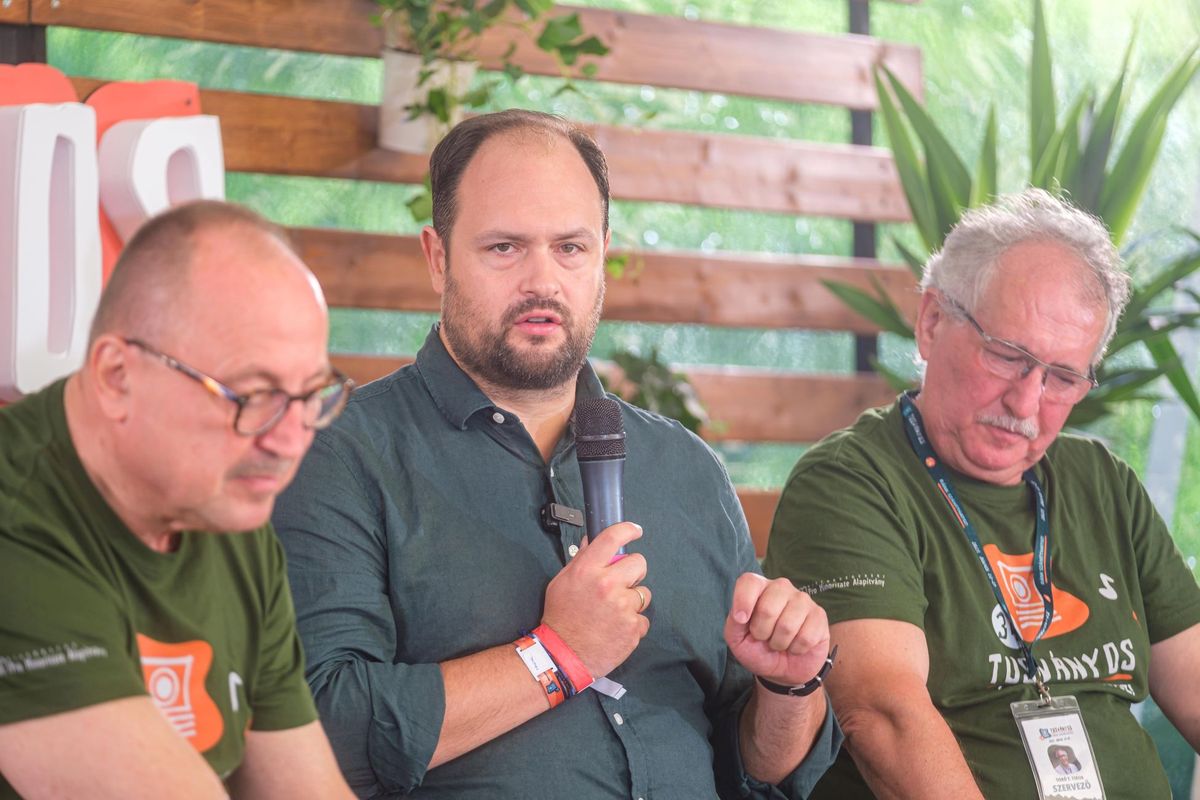
As a Hungarian from Timisoara, in the proximity of Rev. Laszlo Tokes, the winds of change were already in the air. “In fact, it was my students who brought me into politics,” he recalled. Toro spent six years teaching physics at his former school before being forced to leave for political reasons, after which he continued as a research physicist.
I found myself in an environment where I had the chance to deal with questions that, after the regime change, steered me toward community affairs and politics,”
he explained.
However, the decisive moment, he says, came in the days following the revolution, when former students approached him about forming a youth organization since the Communist Youth Union (KISZ) had dissolved. This led to the creation of the Hungarian Youth Organization of Timisoara, which grew into the Federation of Hungarian Youth Organizations, with Toro as its president. From there, it was a direct path into the RMDSZ/UDMR (Democratic Alliance of Hungarians in Romania).
“Gradually, this community organization grew, and in 2000, I became a professional politician when I entered the Romanian Parliament as an RMDSZ representative from Timis County,” he recalled. At the time, they envisioned the party as a community self-government: “We believed that there was room within it for all values and political directions, and that dialogue would define the shared Hungarian interest, which we would then represent outward to the Romanian state and to international organizations.”
Tibor T. Toro considers one of his greatest achievements to be his work around the Cluj (Kolozsvar) Declaration in 1992.
“At that time, I led a group that saw the issue of autonomy as a strategic goal—alongside Laszlo Tokes, Geza Szocs and Imre Borbely. To this day, I believe that no better strategy has been developed,” he stated, adding that although the autonomy issue has advanced in ebbs and waves ever since, “this is why it is worth engaging in politics.”
He also cited as a defining moment, the formation of the Reform Platform within RMDSZ—the first party-like platform inside the alliance.
Another significant milestone was the creation of the Hungarian National Council of Transylvania in 2003, which “organized political work around the concept of community autonomy as an integrating institution.” Alongside these, as he put it,
the Balvanyos Summer Open University provided the intellectual workshop for all of this, which continues to function to this day.
When asked what advice he would give to young Hungarian politicians in Transylvania today, he emphasized: “Thirty years ago, we learned politics in the ‘trenches’ because there was no formal political training; we had to do both the theoretical work and the practical battles ourselves.” In his view, politics today operates under a completely different logic. “The simplified messages of technological development, the ‘carpet-bombing’ style of communication, and the lack of debate are foreign to me. Fortunately, I no longer need to take part in it,” said the senior politician of the Hungarian Alliance of Transylvania (EMSZ).
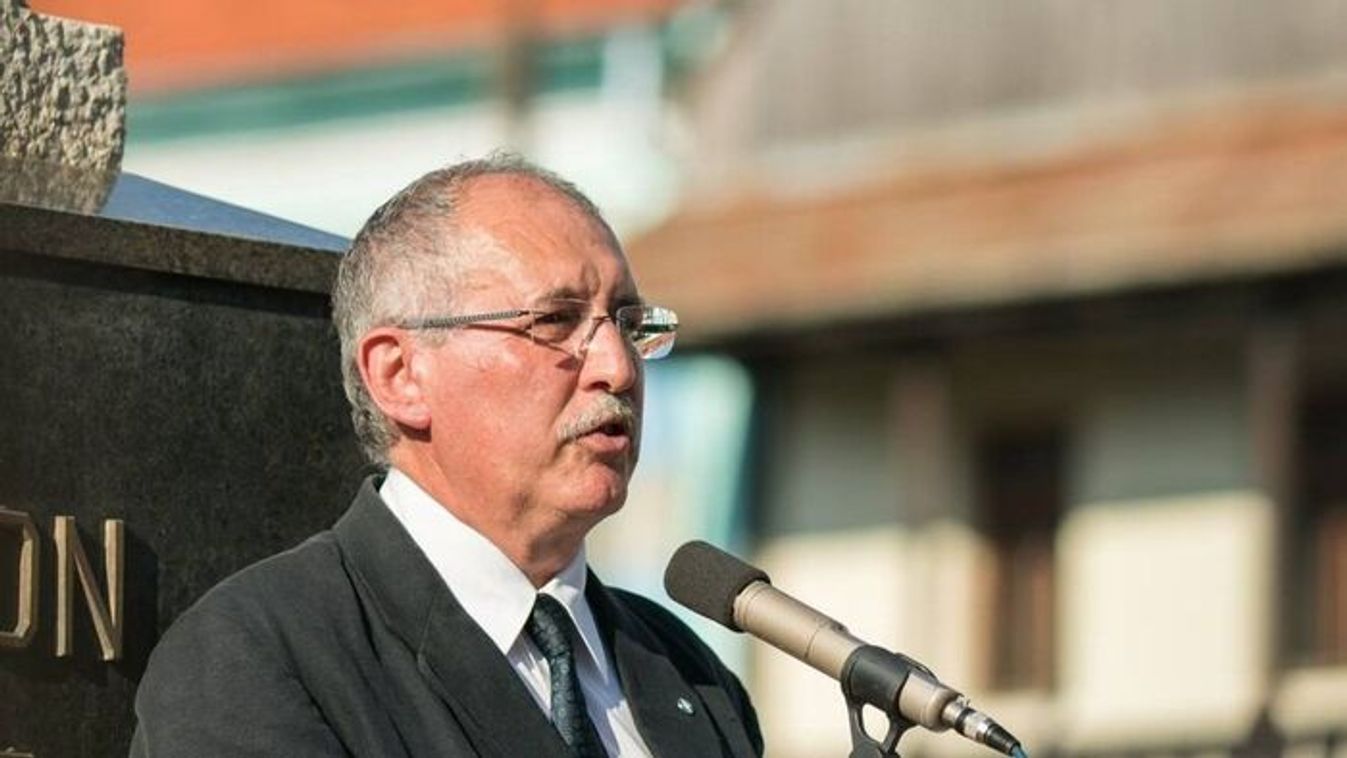
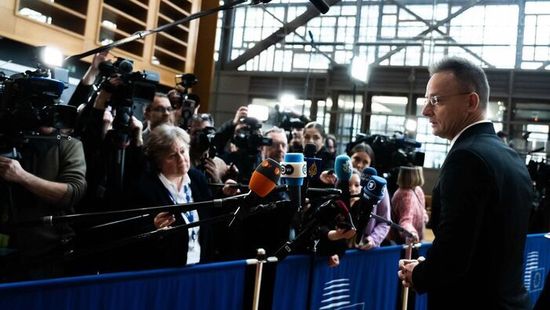
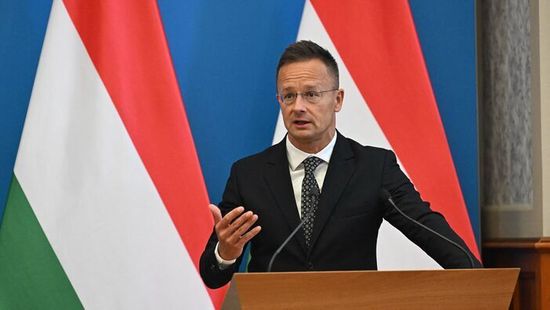
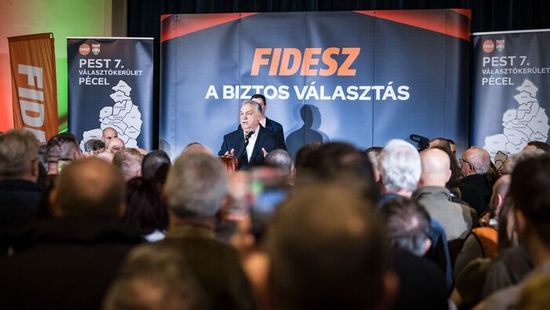
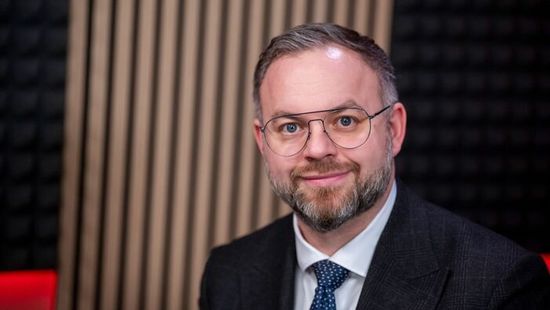

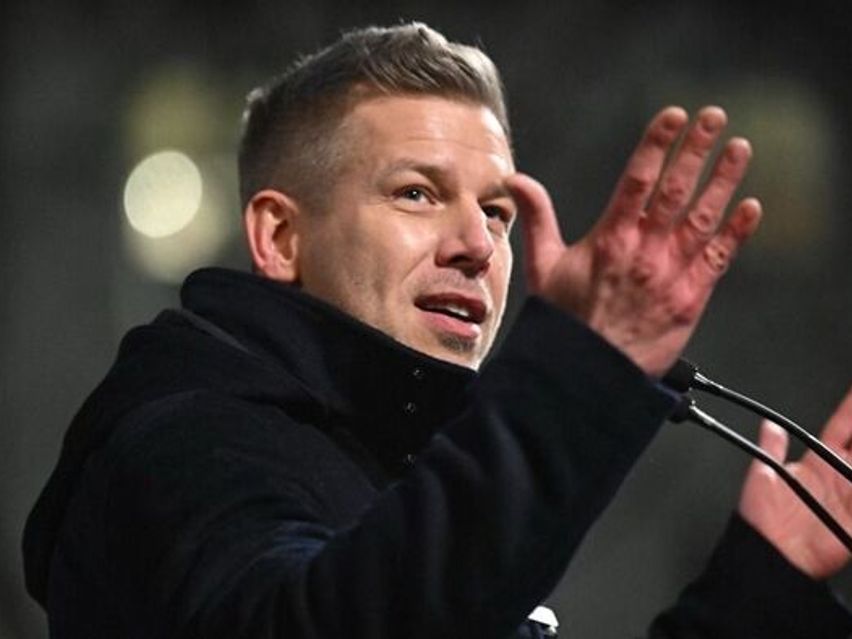
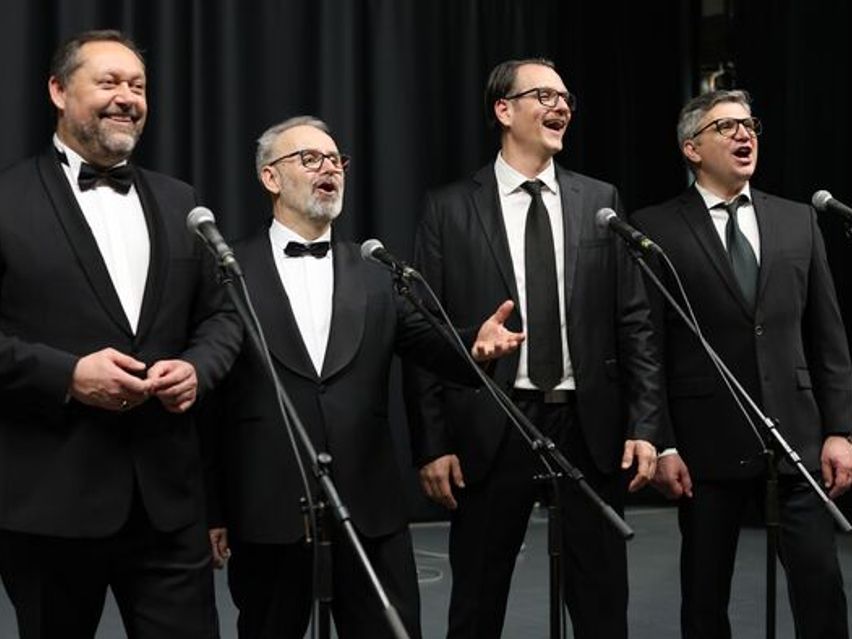
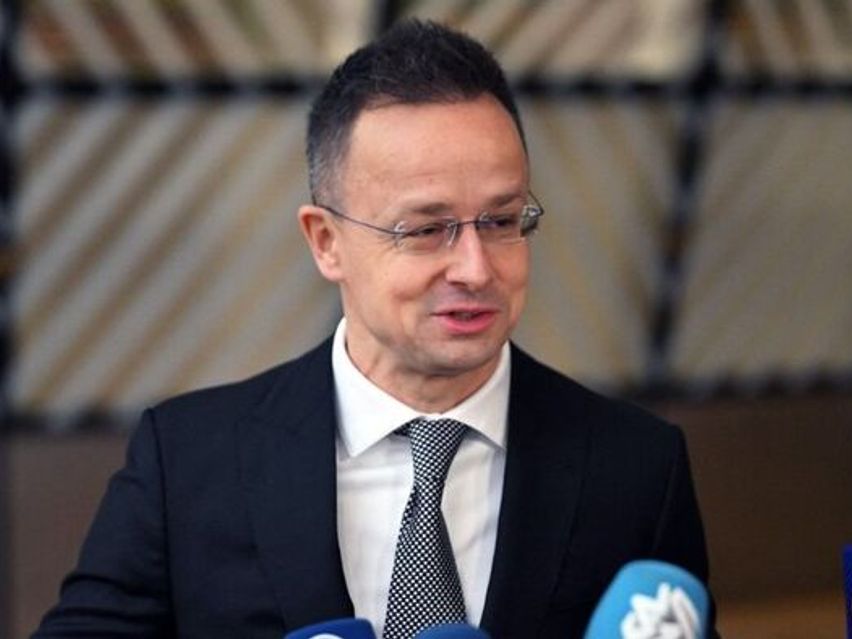
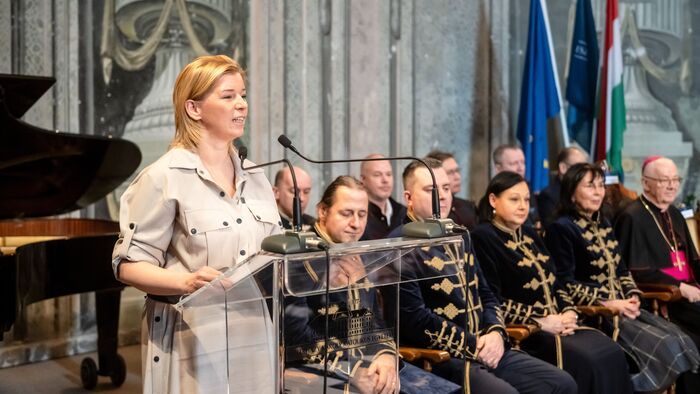

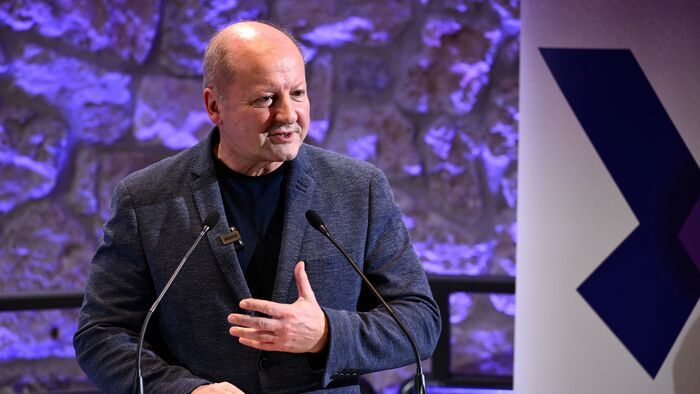
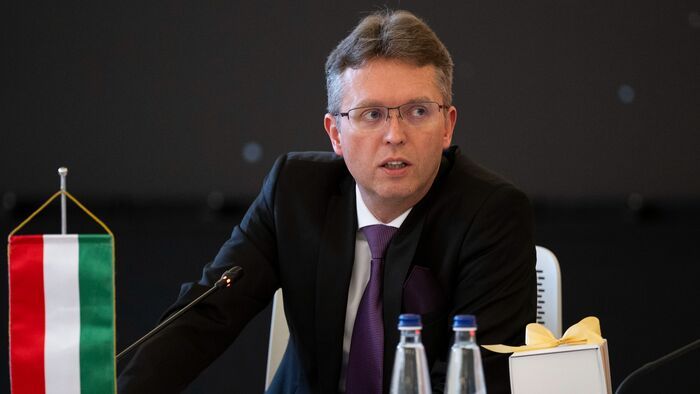

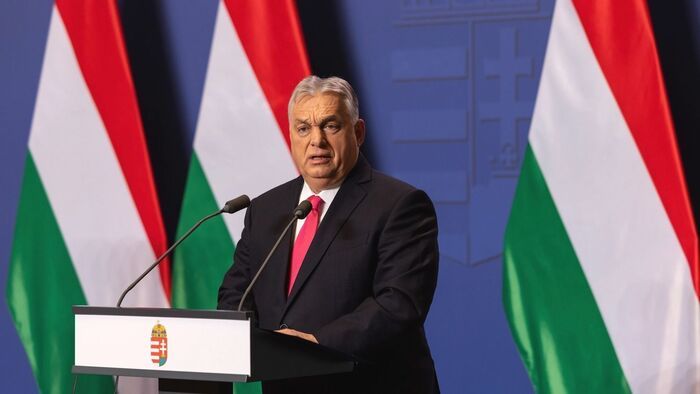
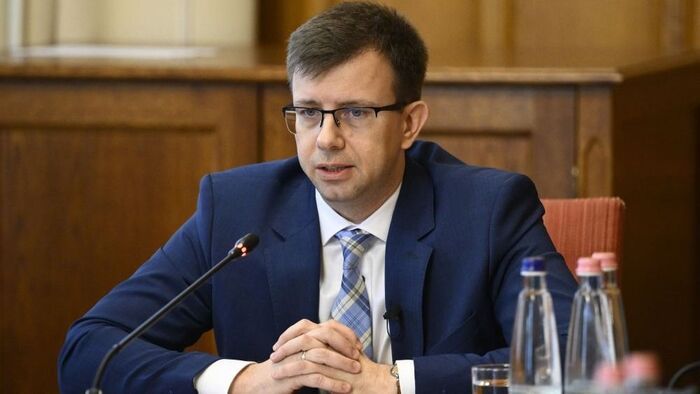

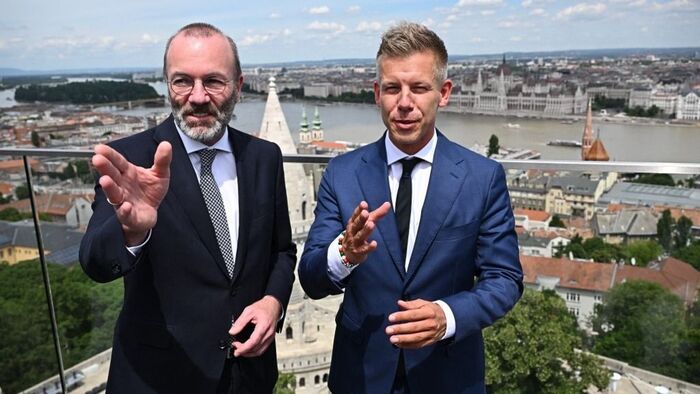


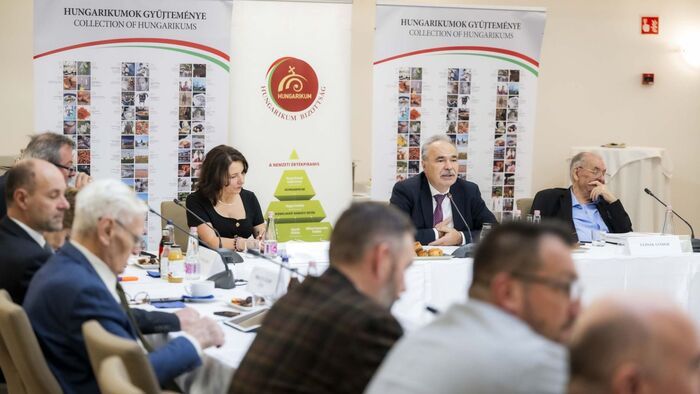
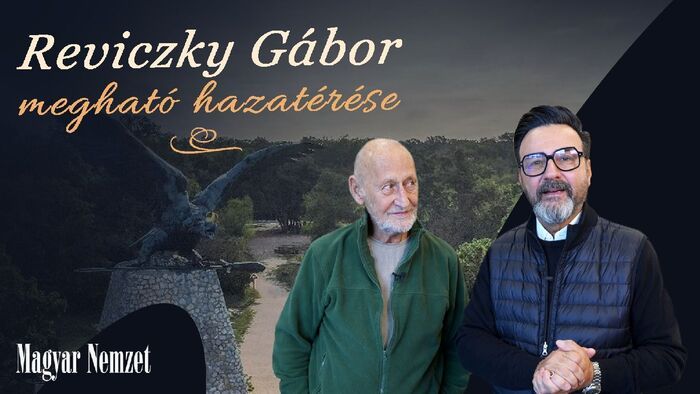

Szóljon hozzá!
Jelenleg csak a hozzászólások egy kis részét látja. Hozzászóláshoz és a további kommentek megtekintéséhez lépjen be, vagy regisztráljon!